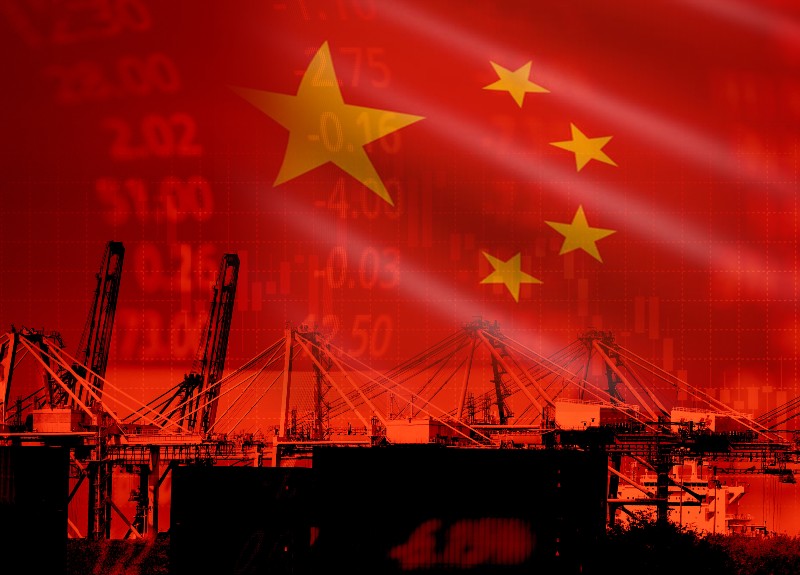
For pension plan sponsors interested in equities, the top two issues on the radar for 2019 are China-U.S. trade tensions and interest rate movements, says Scott Berg, vice-president and portfolio manager at T. Rowe Price Group Inc.
China
On China, it’s likely presidents Donald Trump and Xi Jinping will reach a trade accommodation, he says. “The reason I think a deal does happen there is that both sides have so much to gain from a deal and so much to lose from no deal.”
With a deal, global equities would see increases, says Berg, noting he expects Chinese equities to do well and the deal would be positive for emerging markets. “This U.S.-China trade deal and the fear of China slowing is part of what’s casting a shadow on all of emerging markets.”
But if China and the U.S. don’t reach a trade deal, it will be bad for markets, he says, though it won’t be a total collapse of earnings per share and most of it will be concentrated in American and Chinese stocks.
Interest rates
While the world is watching central banks closely, Berg says he thinks Federal Reserve rate rises are coming to an end, anticipating it will raise rates one or two times at the most.
This expectation is consistent with an announcement made by the Federal Reserve on Dec. 19, dialing back its expected rate hikes for next year from three to two.
Interest rates haven’t gone up as much as people have made it seem, he says.
“Interest rates in the U.S. have gone up a bit from what was the all-time lowest ever level to something that is still, in an absolute sense, quite a low level,” he says. “And secondly, in the rest of the world, interest rates still remain incredibly low versus all of history.”
When interest rates are low, that should be very good for equity valuations, he says.
Emerging markets show opportunity
Emerging markets are an area offering opportunity over the medium term, says Berg.
“When I look out at a world that is going to be growing more slowly, where interest rates are still pretty low, having great investments in countries like India, the Philippines — real demographically driven, low GDP per capita, low-debt countries — is going to be a very fertile place, and right now people are just fearful of everything.”
Changes in the U.S. dollar’s value may also benefit emerging markets since the U.S. dollar has been very strong, which has “turbo-charged” U.S. equity returns, says Berg.
“So while U.S. equities have done very well, the experience for a Canadian pension plan would be that U.S. equities have done even better because of just how good the dollar has been. And the same thing on emerging [markets] — the fact that the dollar has been so good has meant that emerging market returns have looked very disappointing in relation.”
And the U.S. dollar has likely already peaked or is reaching a peak, he adds.
“If I’m right about that, I think that could end up being one of the big catalysts of why people start getting a bit more excited again about some of the emerging market opportunities and get a little less ‘just totally in love’ with U.S. equities.”
